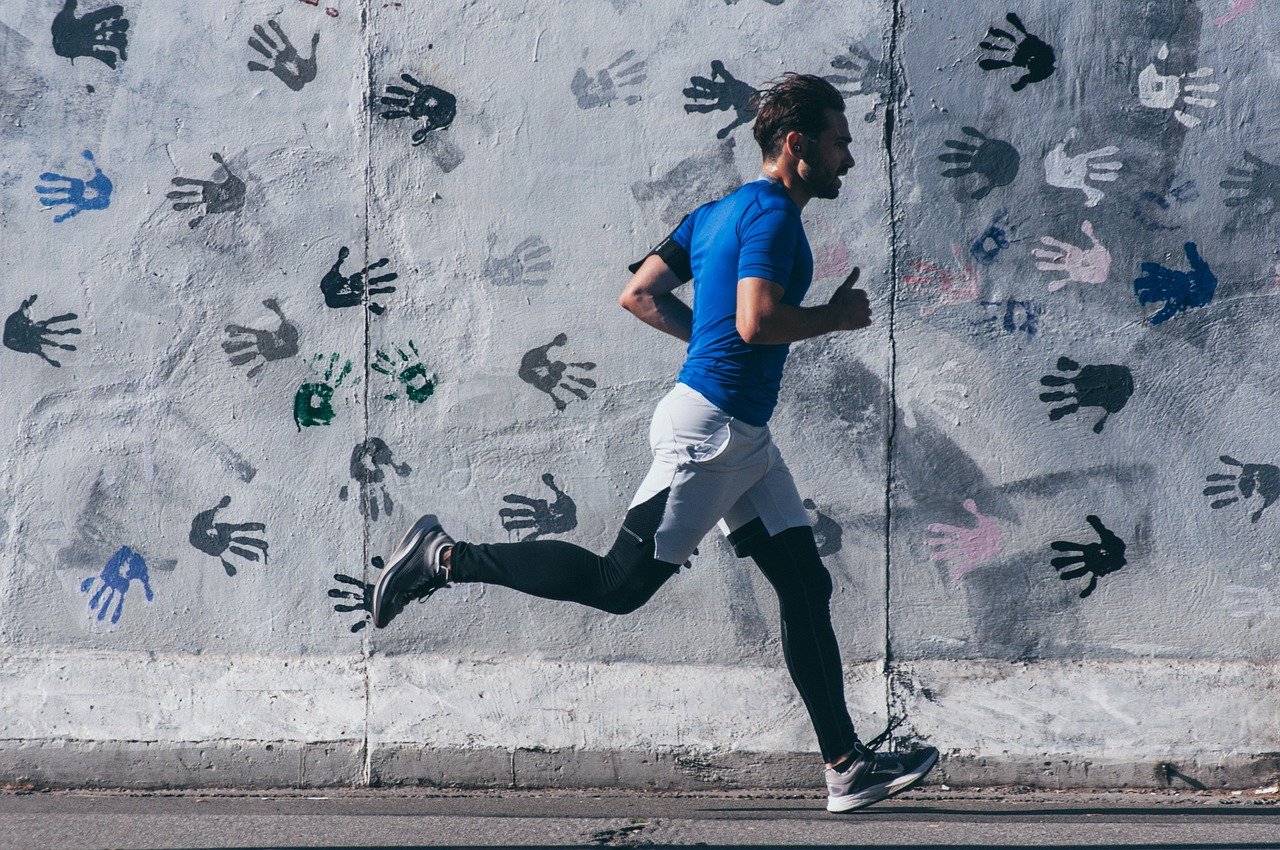Drinking the right amount of water after exercise can “save your life.”
When the human body is exercising, the metabolism of substances in the body is intensified. Metabolism produces a large amount of energy, some of which is consumed in the activities of muscles and other organ systems, and most of which is converted into heat. The greater the amount of exercise, the more heat is produced and the higher the body temperature.
Strenuous exercise in a hot environment may result in the loss of about 2 litres of sweat per hour. People who are in good physical condition have a strong ability to dissipate heat and will sweat more during exercise. However, the body has a limited ability to store water, and if the body does not have enough water, the body temperature will rise rapidly. People who exercise strenuously when their bodies are dehydrated are prone to heatstroke and even at risk of death. Exercising in a hot and humid environment requires even more body fluids. Because sweat does not evaporate easily through the skin when the weather is humid, the body must be forced to produce more sweat.
Water is the main component of blood, which delivers oxygen, nutrients, hormones, etc. to the body and carries away cellular metabolic by-products. Water also has a protective function against sudden injury to the spinal cord and brain, and is a key part of the body’s temperature regulation mechanism. Engaged in sports, must be timely hydration, the body can maintain fluid balance, in order to slow down the increase in heart rate and core temperature rise, improve the heart beat volume, cardiac output, as well as the skin blood flow, to avoid the occurrence of dehydration, heat stroke and other problems occur. That’s why it’s essential to hydrate after exercise.
Is hydration enough after exercise?
There is no problem with drinking water if you sweat a little or if you hydrate normally in your life. Mineral water or boiled tap water itself contains a certain amount of electrolytes, in addition, can also be supplemented by fruits and vegetables, meals and so on. But drinking pure water can not help the body to lose a lot of sweat after the “retention” of water. Sweating after strenuous physical activity, in addition to a large amount of water, the body loses a corresponding proportion of sodium, potassium and other electrolytes.
Generally speaking, 1 litre of sweat contains 50 mmol of sodium. And hot weather engaged in strenuous exercise for 1 hour, the body’s sweat may reach 2 litres, losing 100 mmol sodium. Water and sodium in the body are always in dynamic balance. Sweat a lot of dissipation will lead to sodium deficiency, if not timely supplementation, inside and outside the cell osmotic pressure imbalance, drink in the water body can not be effectively absorbed. The appropriate addition of sodium in the drink can accelerate the absorption of water in the small intestine, to rebuild the body’s water balance. Relevant studies have shown that supplementing 18 to 59 mmol/litre of sodium-containing sports drinks can not only effectively replenish lost water and electrolytes, but also help prevent or delay the onset of exercise fatigue. In addition, the carbohydrates contained in sports drinks can prolong the retention time of water in the intestinal tract, improve the efficiency of absorption, and help the body drink enough water.
Sports drinks are beverages whose nutrients and their content can be adapted to the physiological characteristics of sports or physically active people, and can replenish the body with water, electrolytes and energy, which can be rapidly absorbed. Sports drinks can help the human body to maintain a high blood sugar level during a long period of high-intensity exercise training, keep the level of potassium and sodium in the blood stable after exercise, reduce the level of blood lactic acid during exercise, accelerate the recovery of blood lactic acid level during exercise, and significantly reduce the feeling of fatigue.
Do you drink water when you’re thirsty during exercise?
Standard sports drinks contain 50 to 1,200 mg of sodium and 50 to 250 mg of potassium per litre. The carbohydrate content is 6 to 8 per cent, which will not increase the burden on the stomach and intestines, and can effectively replenish water and sugar for the body, help improve the body’s metabolic process and regulate body temperature. When shopping, you should pay attention to check the nutritional composition table of different brands of sports drinks.
Thirst is not a good signal to judge one’s need for water during exercise. Thirst is delayed in the body’s response to water shortage appears. The mouth feels the sensation only after the body has lost 1.5 to 2 litres of water. Hydration advice from the American College of Sports Medicine is to drink at least 500 millilitres of water in the four hours before exercise. This gives your body ample time to rehydrate before exercise, in addition to giving your gut enough time to empty, absorb fluids, and get rid of excess fluids out of your body. During exercise, it is recommended that you replenish 150ml of fluid every 20 minutes.
Engaging in sports or physical labour, it is suitable to drink sports drinks containing appropriate sugar content and electrolyte content for hydration. It should be noted, however, that because of their sugar content, sports drinks contain a certain amount of calories and are not recommended for non-physical workers or non-athletes.




